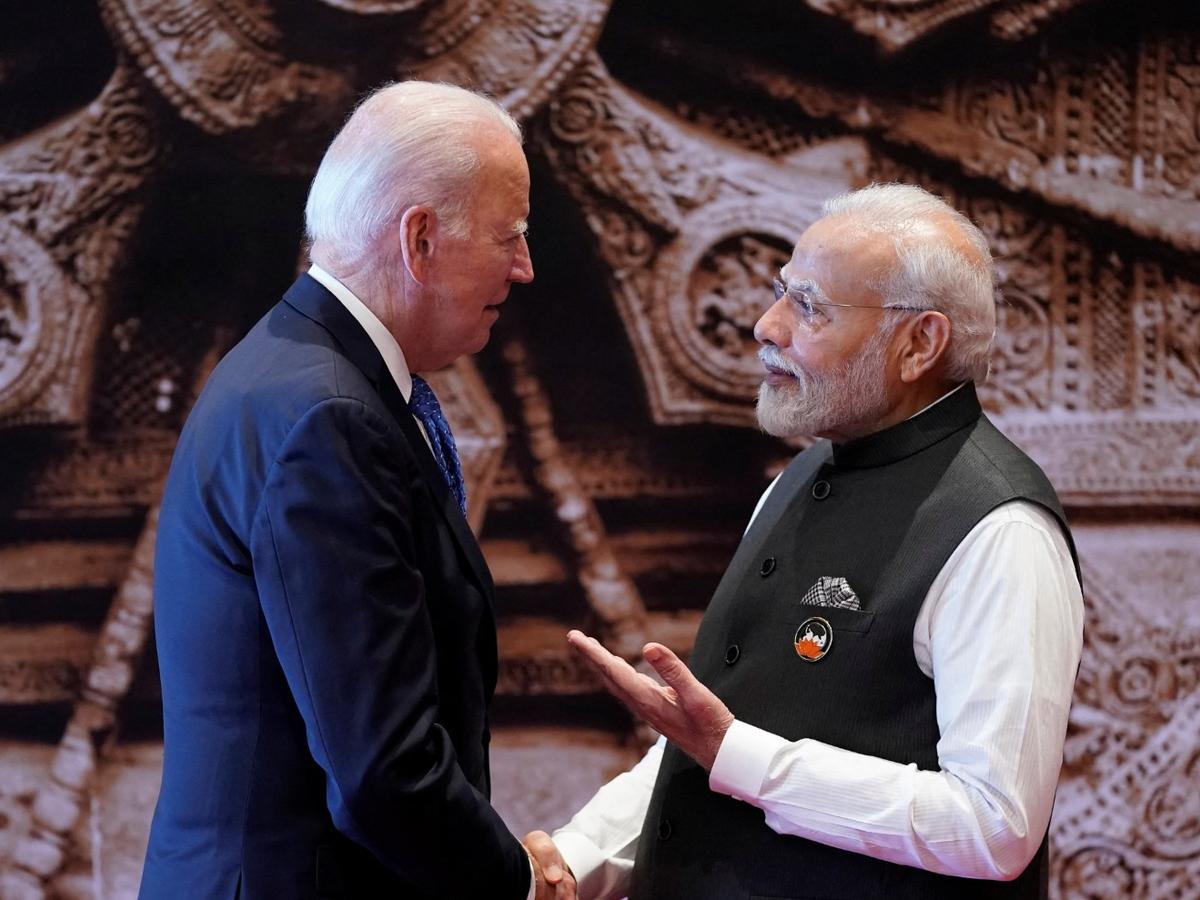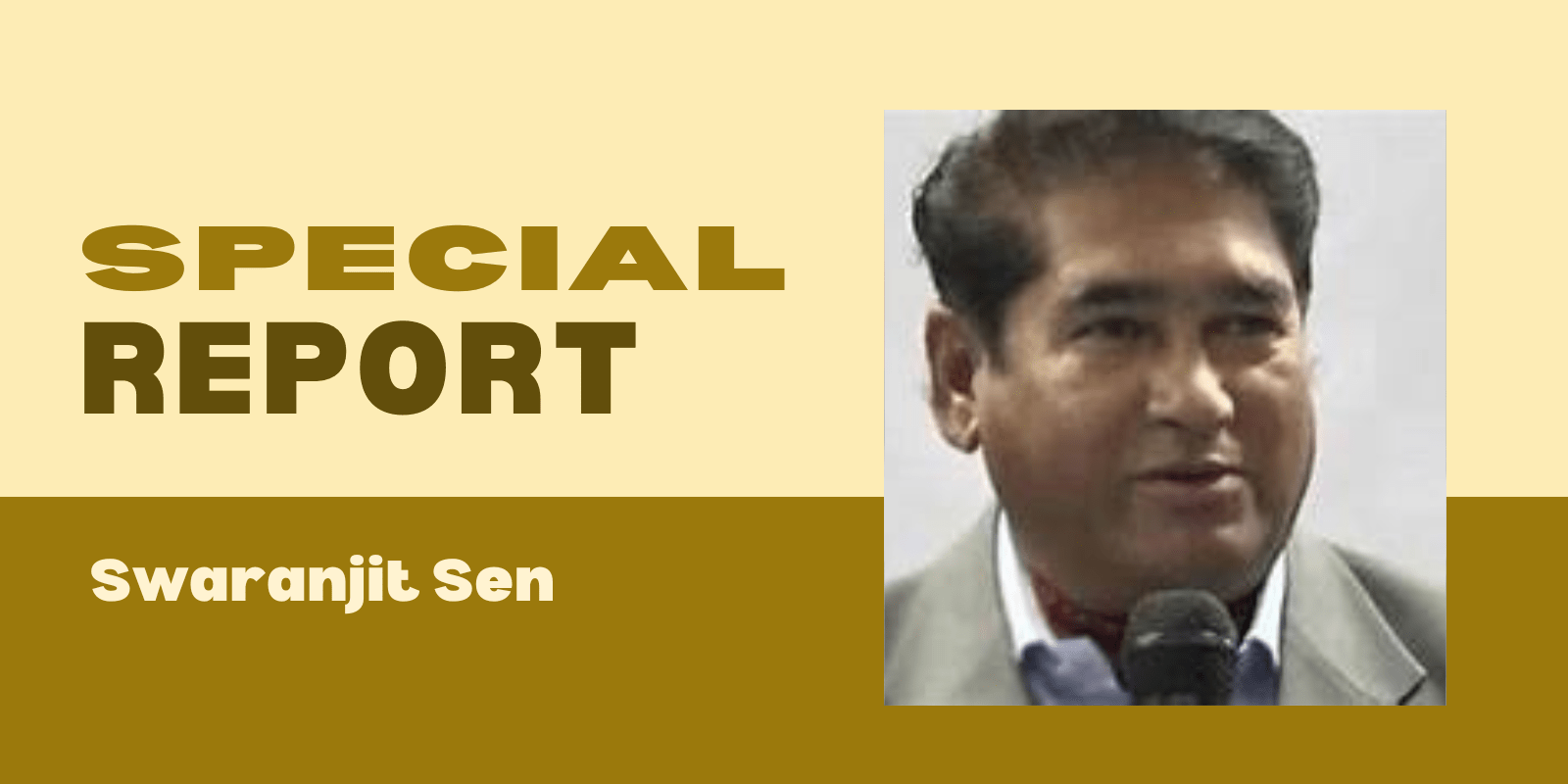The latest diplomatic tensions between the United States and India underscore the complexities of modern international relations, particularly in a multi-polar world where emerging economies assert their own interests.
The U.S., traditionally a global leader in foreign policy influence, has attempted to leverage its position against India on sensitive issues related to Khalistani separatism.
However, these actions appear increasingly ineffective, and the U.S. must reconsider its approach as its influence in global geopolitics faces challenges from rising powers like India and China.
The United States, frustrated by India’s growing autonomy, has made significant allegations involving the attempted assassination of Gurpatwant Singh Pannun, a pro-Khalistan activist based in the U.S.
Pannun, who advocates for an independent Sikh state and is viewed by India as a threat to its national integrity, allegedly survived an assassination attempt that the U.S. has loosely linked to Indian intelligence. The claim that a former Indian intelligence officer, Vikas Yadav, was involved has only fuelled these tensions.
India has rightly denied any involvement in the attempt on Pannun’s life, emphasizing its commitment to legal channels for addressing national security concerns. The Indian government’s stance reflects its growing confidence on the world stage, where it refuses to bow to unsubstantiated accusations or veiled threats from foreign powers.

Furthermore, India’s denial is consistent with its broader foreign policy approach, which prioritizes national sovereignty and strategic autonomy in a changing global order.
India’s firm response to U.S. allegations brings into focus a broader debate: the global double standard in counterterrorism. The U.S. has long justified its actions abroad, including targeted assassinations on foreign soil, as necessary measures for protecting its national security.
The 2011 killing of Osama bin Laden in Pakistan, carried out without informing Pakistani authorities, stands as a prominent example of this approach. If the U.S. reserves the right to neutralize perceived threats beyond its borders, the question arises: why should other nations, such as India, be denied similar rights when facing threats to their own security?
This double standard undermines the credibility of U.S. claims and alienates emerging powers. The U.S.’s push for international cooperation on matters of security, while selectively applying its own rules, weakens its moral standing in the global arena.
The allegations against India have emerged in a charged environment, following Canadian Prime Minister Justin Trudeau’s claims that India was involved in the killing of another Khalistani activist, Hardeep Singh Nijjar, in Canada. Much like the U.S., Canada has provided no concrete evidence to substantiate these accusations, further straining diplomatic relations. The diplomatic spat with Canada has already resulted in India withdrawing several embassy officials, demonstrating India’s unwillingness to tolerate unfounded allegations against its government and personnel.
The U.S.’s alignment with Trudeau’s unproven claims raises concerns about the coordination between Western powers to target India on Khalistan-related issues, despite the lack of credible evidence.
This diplomatic escalation comes at a time when India is expanding its influence within the South Asian Association for Regional Cooperation (SAARC) and other multilateral forums. India’s growing ties with Russia and China, both of whom are seen as strategic rivals to the U.S., are reshaping the geopolitical landscape. The recent SAARC summit held in Kazan, Russia, is a testament to this realignment. With discussions about expanding SAARC membership to include more countries, the bloc could soon challenge the U.S.-led international order.
The timing of U.S. allegations appears suspiciously aligned with its broader goal of containing India’s rise. The U.S. may have hoped that by exerting diplomatic pressure ahead of the SAARC summit, it could weaken India’s resolve. However, India’s continued participation in the summit and its deepening ties with Russia and China suggest that such tactics are unlikely to succeed.
The U.S. faces an increasingly complex world, where its ability to shape global outcomes through “arm-twisting” tactics is diminishing. India’s refusal to yield under pressure is indicative of the new multipolar reality in which the U.S. must operate. Emerging powers, particularly in Asia, are no longer willing to subordinate their national interests to U.S. expectations, especially when those expectations appear grounded in outdated Cold War-era strategies.
Furthermore, the upcoming U.S. presidential election adds another layer of uncertainty to U.S. foreign policy. If the political landscape in the U.S. shifts—whether through a Trump return or another political realignment—its approach toward India and other emerging powers may evolve. However, the core issue remains: the U.S. can no longer afford to rely on bullying or coercion as its primary tools of diplomacy.
In light of recent events, it is now clear that the U.S. must recalibrate its foreign policy approach toward India. Attempting to pressure or isolate India, particularly through unsubstantiated allegations, will only strain relations further. As India continues to grow in both economic and military strength, it will seek partnerships on its own terms.
In my view, the U.S. should recognize the shifting global power dynamics and engage with India through mutual respect and cooperation, rather than through outdated tactics of diplomatic coercion. Only then can it hope to maintain its influence in an increasingly multipolar world.






